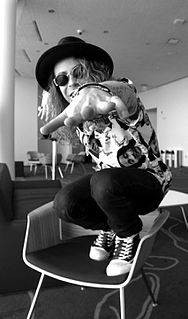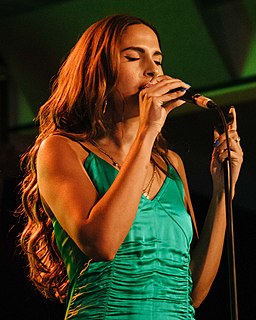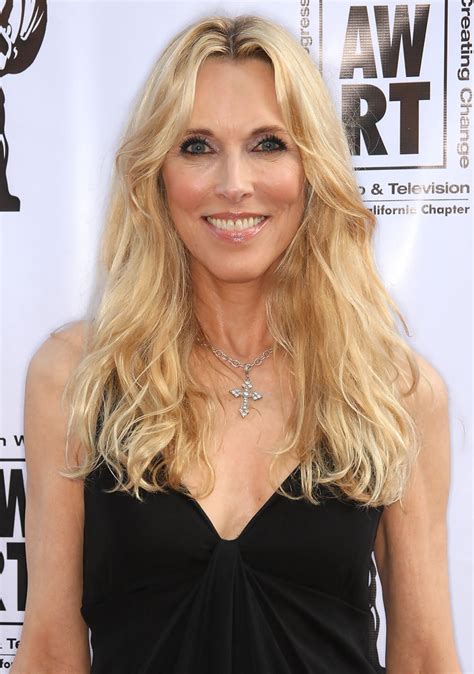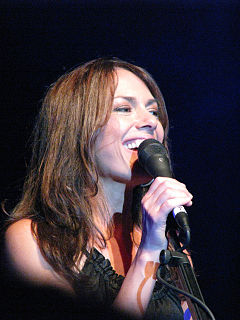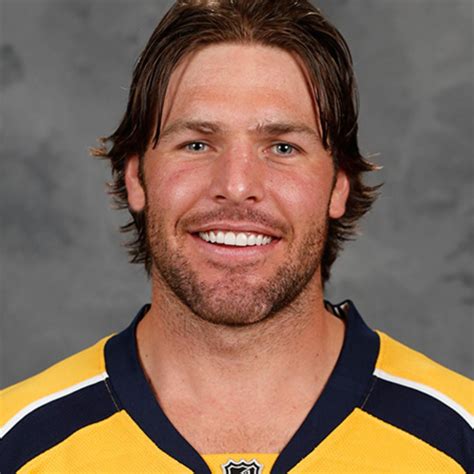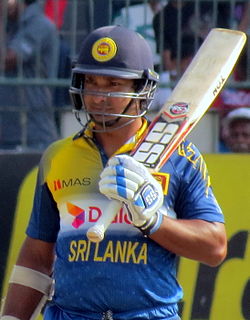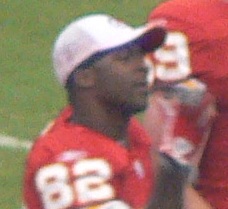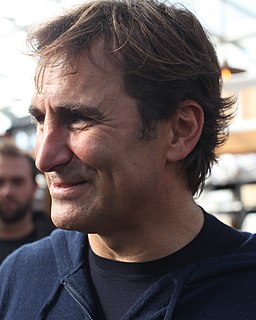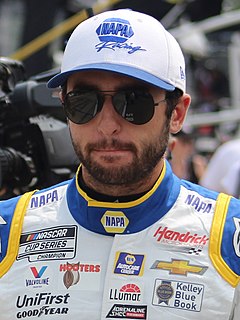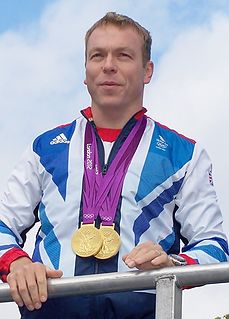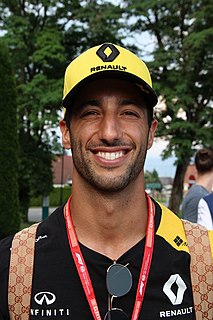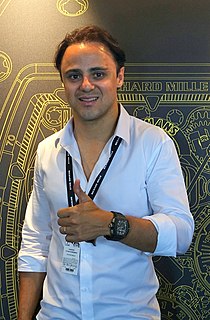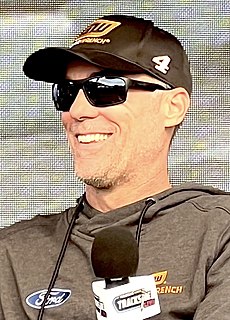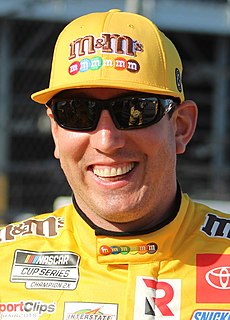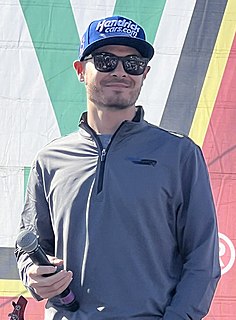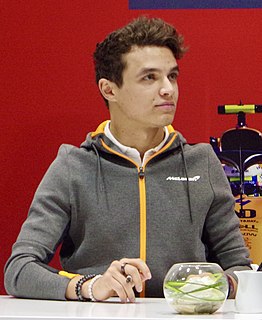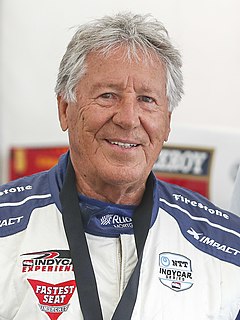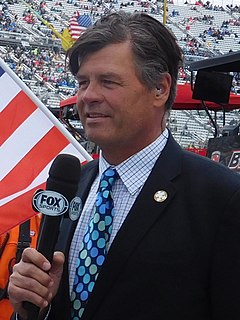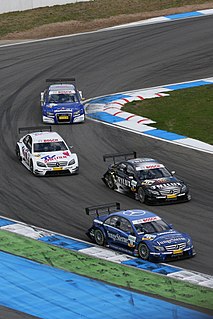A Quote by Bubba Wallace
My African-American friends thought it was cool that I was racing. It's not like we had any role models out there to look up to, so everyone understood I was doing something very different.
Related Quotes
I was in a comfortable situation, I was on tour, it was cool, but it wasn't at all what I wanted to do. So I had to leave it, start over. My friends were like, 'You were doing something, now you're back at day one.' So people kind of look at you different when you start over. Everyone needs to challenge themselves like that.
I had to audition for Fandango. When I read the script, the role that was interesting - so everyone thought - was the role that Costner played. He was the cool guy. And I read the script, and my representation at the time said, "That's the role you should read for." And I was like, "Really? How about I read for this other role." And they went, "Well, you're not going to get that role."
The potential significance of Black feminist thought goes far beyond demonstrating that African-American women can be theorists. Like Black feminist practice, which it reflects and which it seeks to foster, Black feminist thought can create a collective identity among African-American women about the dimensions of a Black women's standpoint. Through the process of rearticulating, Black feminist thought can offer African-American women a different view of ourselves and our worlds
When I looked at 'Dear White People,' you have four African-American students who are all very different and who are trying to figure out who they are. They're dealing with identity issues and crises. That is exciting to me, to see African-American young people on a page, on a screen, who are so diverse and whose stories are all so different.
I use African-American, because I teach African Studies as well as African-American Studies, so it's easy, neat and convenient. But sometimes, when you're in a barber shop, somebody'll say, "Did you see what that Negro did?" A lot of people slip in and out of different terms effortlessly, and I don't think the thought police should be on patrol.
I get letters from kids from all over the country. I always try to answer them because there were people I looked up to in my youth and just wanted to be in contact with. It's also important to realize that you find your role models in a lot of different places. I've never believed that your role models have to look like you. You can find them in all sort of colors, shapes and sizes.


